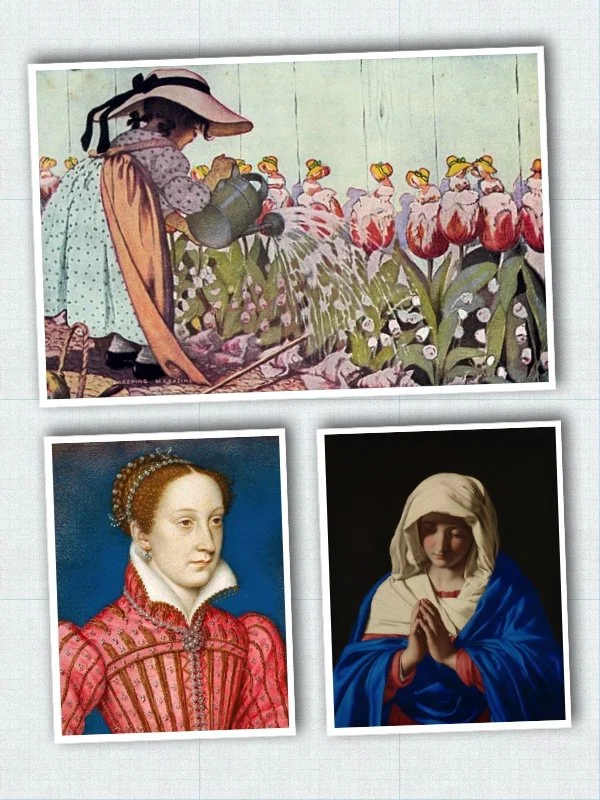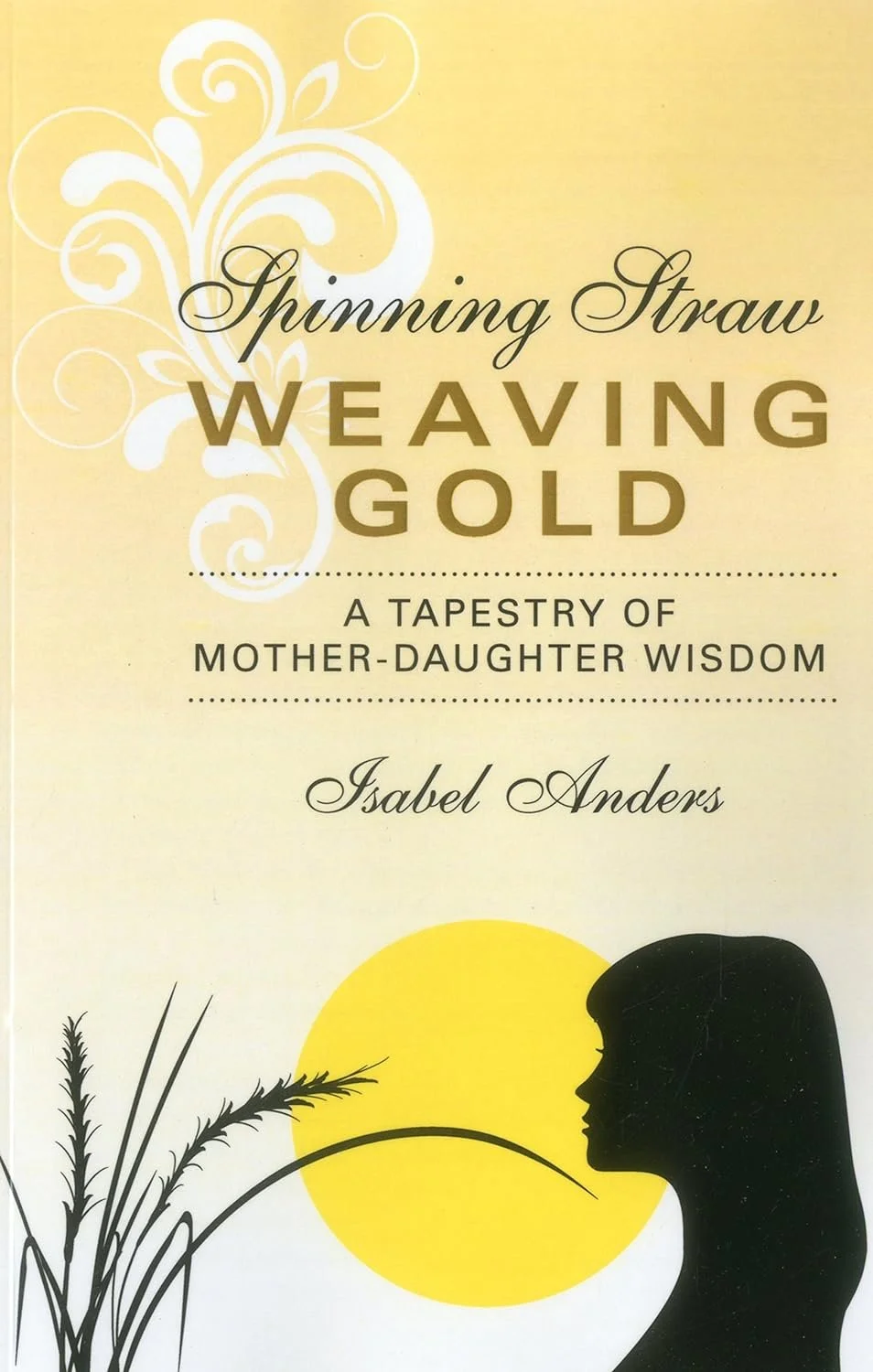Merton and Prayer and Love
“If my prayer is centered in myself, if it seeks only an enrichment of my own self, my prayer itself will be my greatest potential distraction..”—Thomas Merton in Thoughts in Solitude.
Thomas Merton reminds us what our prayer life becomes when our prayers center on ourselves, our own desires, needs, and knowledge. Merton calls this kind of life a distraction that keeps us from the truth, a diversion, a disturbance of the mind, a hindrance.
We think we are doing everything right, but in essence, we are back where we started, with our world centered on ourselves rather than God.
We may think God is our co-pilot, but we are the pilot. This is because we have such good ideas.
God is there to ensure that our ideas and prayers are answered.
I think about all the prayers I prayed that went unanswered and learned would have been a disaster, the boyfriends who never gave me the time of day I would have sold my soul for. But, I also well remember the prayers that were answered that became harmful, the jobs I thought I had to have, and the co-workers I just knew would be perfect.
As friends in recovery say, “Our best thinking got us here.”
When we do not say to God, “Your will be done,” his answer to us may sometimes be, “Your will be done.”
Merton calls us to the prayer life of surrender, turning our prayers, our life, and our wills over to God, “thy will be done.”
This prayer life also calls for acceptance, forgiveness, gratitude, and most of all, love, knowing that we are loved and, in turn, offering that love to others.
Today, January 31st, is Merton’s birthday. He was born in 1915 in Prades, France, to an American mother and a father from New Zealand, both artists. His mother died when he was five, and his father died ten years later.
We honor Merton on his birthday by remembering and sharing one of the many things he taught us. I hope to do the same during this new year for so many others who shared their life with us.




